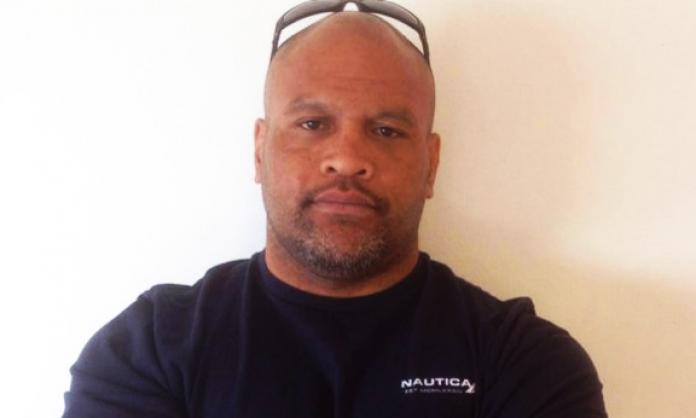“I’m scared for their future, of course I am. I don’t want a future without my kids.” That’s what Rob Peihopa told Māori news program Te Kārere during an interview from Sydney’s Villawood detention centre last October.
Peihopa, a New Zealander who had lived in Australia for 25 years, was being held indefinitely after serving a jail sentence. Waiting for him outside were his children, Billy Boy, Jay and Dion, and his partner, Tracy McPherson. He had a whole life in Australia: a loving family, settled connections, a community.
Now he is dead. Hera Peihopa knew when she first saw her son’s body that he had suffered a serious beating before his death. “[He had] two black eyes, a gash in the back of his head, and it was stitched. It was a significant wound”, she told Māori Television
When Peihopa’s death was first reported in New Zealand, Serco, the company running Villawood, tried to pass it off as a heart attack. The response from the government here was stunning in its indifference. Prime minister John Key said merely that he had been briefed and had “no reports” on the conditions inside Villawood. Justice minister Amy Adams’ response? The case was not in her jurisdiction.
Peihopa’s family is fighting for answers. In New Zealand, Hera Peihopa is pressing the government to act for the many New Zealanders held in detention following the 501 rules Peter Dutton can now use to cancel visas. There are about 200 New Zealanders held in Australian detention. McPherson is publicising Peihopa’s treatment, as are Iwi N Aus, a campaign group of working class Māori in Australia fighting for rights for residents.
Rob Peihopa’s case illustrates the cruelty of the new “normal” in Australian society: indefinite detention for people who have completed prison sentences; deaths in privately run facilities; the threat of deportation dividing families.
It also highlights the vulnerable position of New Zealand workers – many of them Māori – who travelled to Australia for better life chances during the resources boom years. These workers have none of the welfare and health entitlements of Australian citizens. They are excluded from – and sometimes incarcerated by – a state that was happy to see them arrive as labour to be exploited.
As Rob Peihopa’s friend Vaelua Lagaaia, a fellow detainee, told reporters, “We’re all laid back Kiwis. Everyone thinks we’re all chilled out and relaxed. But really, you know, we’ve got stresses and suffering and pain and our families not with us”.
The campaign his family will lead for justice in this case is bound to reveal the criminal injustice and racism of both states’ incarceration systems.








